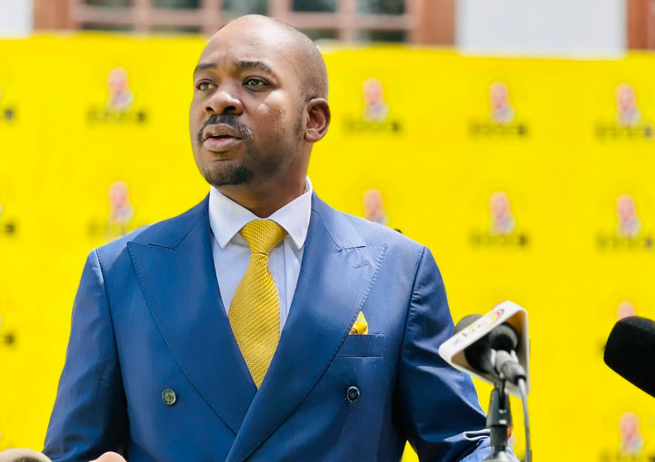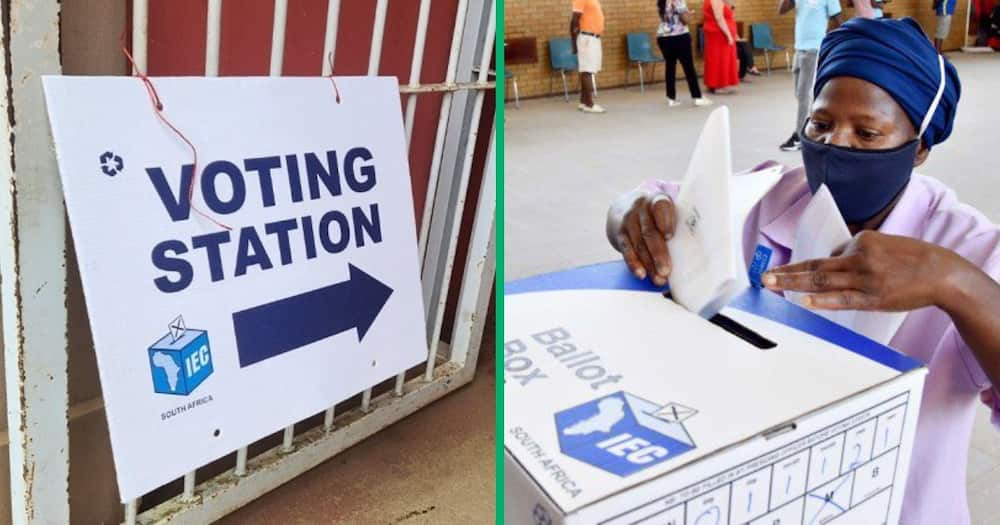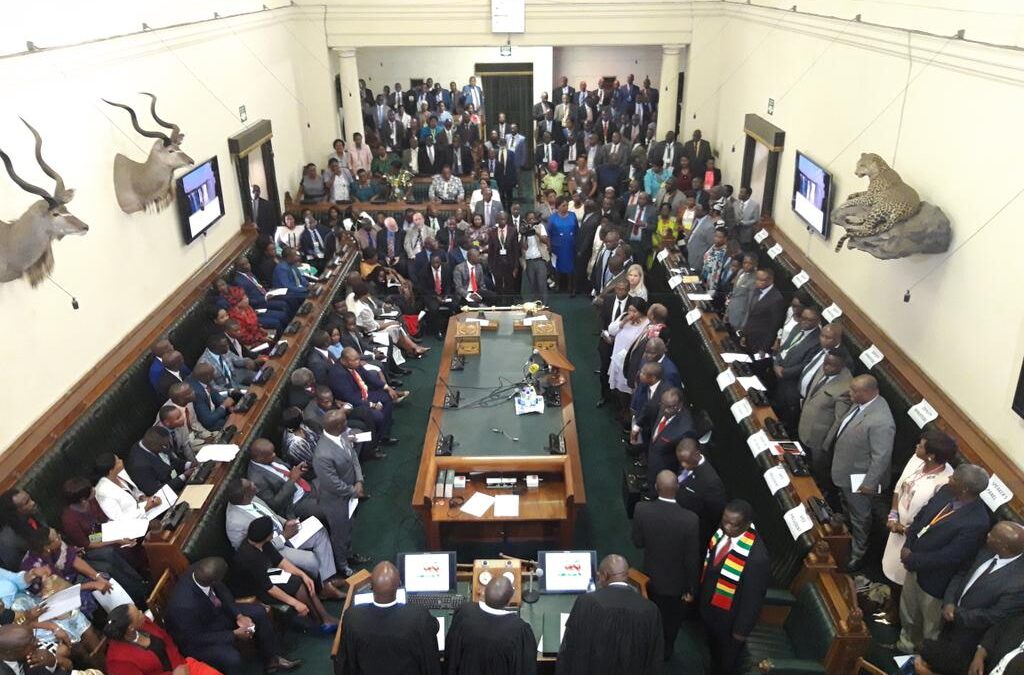Ari Goldstein
The pressure from the business sector,the transacting pubic and the media including this paper seems to have paid off. The authorities at the Reserve Bank of Zimbabwe have finally implemented the promised forex auction system, a move I believe is significant in the fight against the parallel exchange market. However, the move comes at a wrong time, it was supposed to be implemented earlier but the resistance from the central bank and failure by the Finance Ministry to push for the implementation of this policy delayed what could have been an excellent development. One wonders why the Minister did not push enough and why RBZ was resistant, only to implement it now. Perhaps it boils down to them having found a way to exploit the system for their own benefit.
The Reuters Exchange was announced by the Minister of Finance Prof Mthuli Ncube a couple of months ago and most of us expected it to be implemented within a short space of time but that was not to be. To our dismay, the RBZ Governor Dr John Mangudya scrapped the interbank trade and fixed the exchange rate at 1:25. That was a disasterous move and to date the rate has galloped away to 1:70 on the parallel market. Instead of lettijg market forces control these issues,he tried to control it without ceteris paribas and the rest is history.
When Eddie Cross spoke about the Reuters Trade, Zimbabwe was getting around US$4billion in forex but using only US$3billion. So the thought behind it was that, if there was a centralized buying/selling, platform, there would be surplus money. Banks would also start trading and funds would be kept within the banking sector. If the US$4b was moved within this platform, the black market would not be able to influence the rate. However they delayed implementing this idea in time, making this move a high sounding nothing.
The other major drawback now is RBZ has allowed dollarization to be on course .
So the question is why would you even need an exchange rate when everyone now uses US$? Typcally, it is a good idea implemented at the wrong time. The move would have had a lot of impact if it was implemented at the time when the country banned the US$, not when they are bringing it back. It is just confusion and chaos. The effectiveness of this sorely depends on the current inflows. If they are minimal, then this will not be effective.
Let us look at the proposed system for a little bit. Everyone is concerned about our official exchange rate. At the moment our ZW dollar is not supported by production and our balance of payment are on the negative. On paper everything suggested is standard and common practices. Free funds can be given to individuals at prevailing exchange rates. However, we need foreign currency through exports and not from our own free funds.
Social Welfare and Health are heavily funded from these free funds funds. In my view, if our agriculture and mining industries produce, our communities will become self-reliant which lowers the demand for forex to cater for the small issues like importing non-essential items.
So now we have a system where importers who do not produce forex, but want to be allocated forex produced by others, for instance tobacco farmers and miners will now be in the same queue for the same forex. In other words, importers will get the forex at the expense of miners and farmers which is unfair. The biggest problem we have as a nation at the moment is that we are more reliant on imports. Our production and exports side is lagging behind so whatever they may try will come back to haunt us as our currency is only a currency which only works in Zimbabwe.
The other big problem we have is the guys at RBZ are shifting and shoving, moving from one form of money to the other. That does not bring stability to the currency. We made a big flop when we ditched our Zimdollar and I mean the real dollar,now after bringing it back, we are ditching it again, further exacerbating the situation. Zambia struggled but they maintained their currency. Mozambique struggled but they maintained their currency. Until we have a currency which we stick with, which is backed by gold reserves or productive capacity we will have the same problem.
With all the changes that have been done on the monetary systems and the losses which people encountered as and when the currencies were being changed, it is going to take a lot to get back the confidence of the people in the local currency. The system is bound to fail as long as we are running with the dual currencies. People will prefer using the stronger currency and leave the weaker one. So people will eventually dump the local currency for the US dollar.
The other big problem is the failure of the monetary policy which is managed by the Reserve Bank, and the use of Command Economics. You cannot have Command Economics when you do not own the means of trade. We are endowed with minerals and natural resources. Why dont we have a major control as a nation on the minerals and stand firm on our currency? Instead of selling mining claims, we should operate those mines and let the proceeds from the sales be channeled into the system.
This all goes back to currency reforms and to the fact that we do need to have our own currency which is supported by gold reserves and do away with the printing money on a daily basis. That way our currency will have value. We had managed to steady the ship with the use of the US dollar but the problem was the adoption of a currency not within our reach. If we wanted to adopt a foreign currency, we could have opted for the rand because our biggest trading partner is South Africa. That’s where we are buying most of what we consume. The problem is we do not want to follow their reforms that is why we will find ourself back in the same hole.
Adopting the US dollar is shooting ourselves on the foot, it’s better to adopt the rand. The foreign currency is there in Zimbabwe. It is being remitted from the diaspora but nobody wants to use the banks due to lack of confidence with the system. In a fair world, companies in need of money will go to the banks to apply for loans but due to the fact that there is no confidence on our currency reforms, forex in the banks is not available. We now hear issues of RBZ running around to buy it from the parallel market to sustain its operations!! If market forces were to prevail, the 2 rates would go haywire and then lock at a certain time ceteris paribus (all importers are allowed access to forex and exporters access their receipts and invest where they desire to hedge themselves)
Zimbabwe has the greatest expertise and greatest human capital which is benefitting the world over. With currency reform we all definitely would love to be back home and even invest home but as long as there is no confidence on the monetary policies and command economics being practiced the chances of people thinking of doing so are very slim.
This move will fail and my deduction is that there is great use of semantics and we have good linguists at RBZ or MoFED and few or no economists, or is it that economics follows politics or is it that we have very incompetent staff which fears to speak out or even resign on the basis of bad policy or practice? What ever is the case good corporate governance would have helped us fix these problems and restore the confidence in the monetary system!





0 Comments